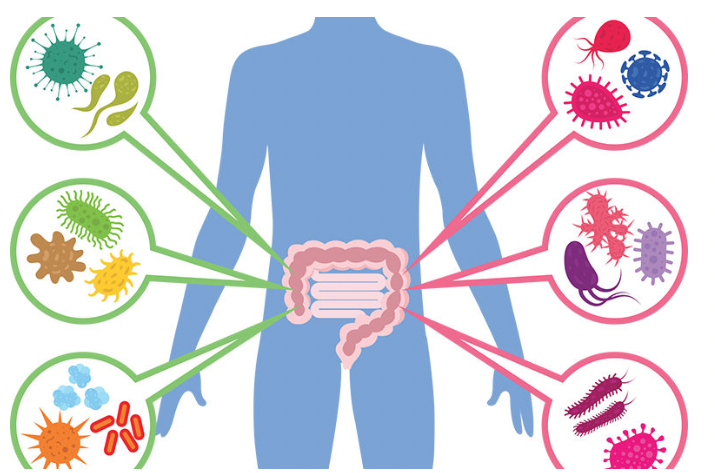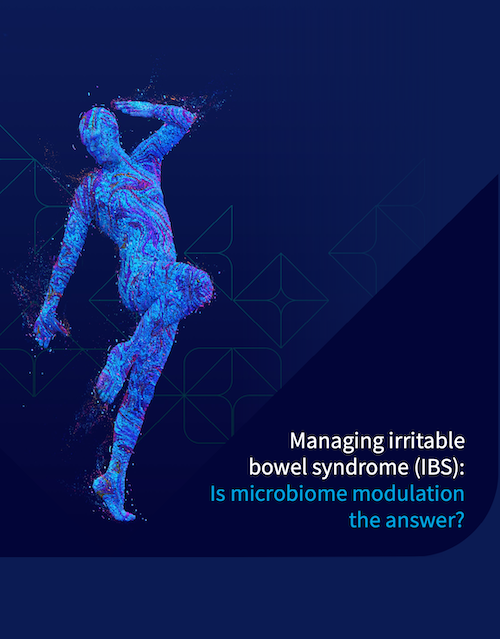Probiotic, Phytochemical Blend Improves Long Covid
Long Covid cases are reaching new highs. In fact, estimates show that as many as 60 percent of those diagnosed with the virus still report symptoms a year after contracting Covid. But there’s some good news: A first-of-its-kind study in the journal COVID shows that a blend of probiotics, inRead











